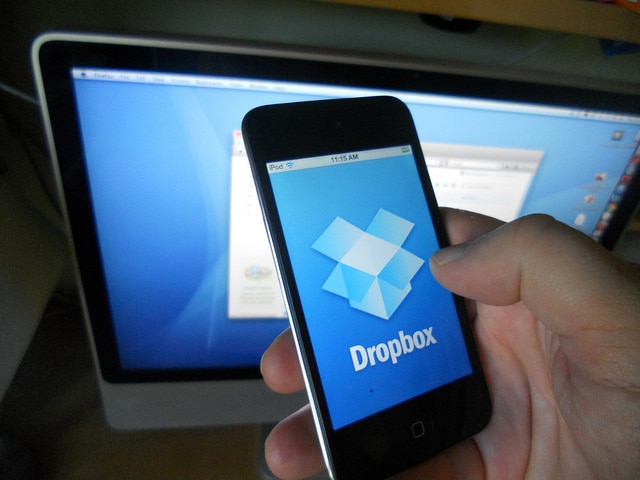Are you planning your own startup? When starting your own company, it’s essential to cut financial corners wherever you can without compromising productivity or security. After all, putting cost-saving measures into place is one of the most fundamental principles of running a lean start-up. It could also mean the difference between getting venture capital funding and not getting it when you really start shopping around for investments. If you’re not careful, uncontrolled startup costs for a business can ruin your business before it even gets off the ground. Here are a few ways to cut costs in your startup.
Reduce Your Energy Use

There are many ways to reduce energy use in the office. You can start by doing something easy, like switching to compact fluorescent lighting to save on electricity. Even better, you can use smart home technology to automatically turn lights on and off. You can also cut down your heating and airconditioning bills with proper insulation, windows, and a smart thermostat.
If you haven’t already, you could make the switch to laptops exclusively. Desktops draw a ton of power, and the only time a laptop uses power is when it’s charging. It may cost more upfront to get laptops for everyone, but you’ll save a ton of money in the long run.
Allow Workers To Telecommute
By allowing workers to telecommute, you’re benefitting both the company and the employee in multiple ways. First, you don’t have to lease large office spaces. Second, you’re allowing the workers to work in their favorite environment — their home.
Furthermore, you’ll save the workers money and time since they won’t have to commute. The only thing with telecommuting is that you have to keep people on track. There are many distractions at home, so let them know that if they screw up the opportunity to telecommute or if their quality of work drops, they won’t be allowed to do it anymore.
Implement A BYOD Policy
One of the biggest costs associated with startups is assigning a phone to everyone. Ordering phones and paying for the lines can quickly add up. Cut all the costs associated with this by implementing a BYOD, or Bring Your Own Device, policy.
With this policy, employees can bring their own devices and use them for work-related activities. For example, by using Blackberry enterprise services, you can remotely manage the items to which they have access. Furthermore, you’ll have a comprehensive system for protecting your data infrastructure, so you can rest easy knowing that none of your data will get leaked out.
Cut Out Business Trips
Business trips are a thing of the past. With today’s technology, there are very few reasons that someone should have to travel to work. With the myriad video chat programs on the market, you’re able to video chat with anyone in the world. You can hold big presentations over a video chat service and not have to pay the hundreds or thousands of dollars it would cost to send someone to that location. If you absolutely have to travel, only travel to places that generate revenue.
Invest In Cloud Storage
Rather than store everything in files around the office or on computer hard drives, look into storing things in the cloud. Cloud storage has multiple benefits — first and foremost, it’s easily expandable. If workers need to get access to files while telecommuting, they’ll be able to. Also, by storing things in the cloud using a service like Dropbox, you can get access to it on any device. If a computer crashes, you don’t have to worry about anything. When you get back up and running, your files will still be there.
Buy Second-Hand Items
For those that will be in the office, you’ll need chairs and desks. The problem with that, though, is that they’re extremely expensive. Even better, find a company that is liquidating or unloading its assets. You’ll get them at a fraction of their retail price.
Hire a Bunch of Interns
One route that a lot of companies don’t explore is hiring interns. These people have intelligence, but they don’t have the experience. They’ll work extra hard to meet demands and, best of all, they’ll do it either for an extremely low price or for free. Reach out to local universities in the area for interns.
Kill Your (Traditional) Advertising Budget

Another expensive thing that new businesses have to do is advertise. Instead of buying billboards or newspaper space, turn to social media. Social media outlets like Facebook and Twitter are completely free to use, and a simple share or retweet could reach hundreds or thousands of people in a single second, which is way more than you’d reach with billboard or newspaper space.
You can set up a group page to advertise your business on Facebook, so people will have a central hub to talk about anything and everything related to your business.
Use Crowdshipping

Crowdshipping services, like PigeonShip, can dramatically reduce both messenger and shipping costs. The concept behind crowdshipping is basically the combination of Uber and FedEx. You post an item for delivery online and someone nearby picks up the item and delivers it for you.
Tips On How To Reduce Startup Costs For A Business
Congratulations on starting your own business! Using these simple tips, you can save some serious quid for your company. Do you know of any other strategies that could help reduce startup costs for a business? Leave a comment below and let us know what you think.
Related Articles:
- Proven Ways To Help Reduce Shopping Cart Abandonment
- The Guide to Selling Products on Instagram for Profit
- The Financial, Environmental and Emotional Costs of Commuting
- Putting Family First: A Lesson From Joe Biden

















 Infographic: America’s Addiction To Smartphones
Infographic: America’s Addiction To Smartphones
Leave a Reply
You must be logged in to post a comment.